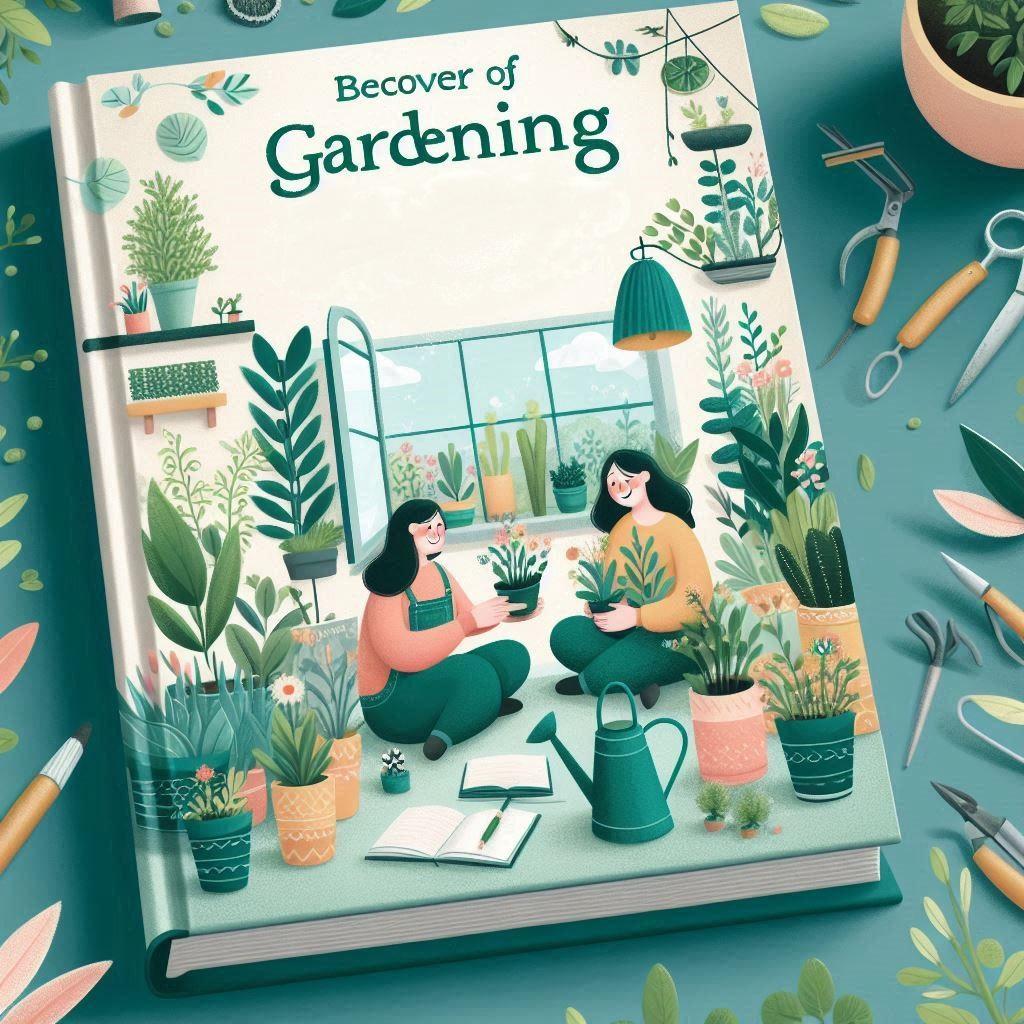Introduction: Gardening is more than just a hobby; it's a rewarding activity that brings numerous benefits to individuals and communities. Whether you're tending to a small balcony garden or a sprawling backyard, gardening can enhance your physical health, mental well-being, and environmental sustainability. In this article, we'll explore the various advantages of gardening and provide tips for beginners to get started.
1. Physical Health Benefits: Gardening involves physical activity that can improve your overall health. From digging and planting to weeding and watering, gardening tasks provide a moderate-intensity workout that helps:
- Enhance cardiovascular health: Regular gardening can reduce the risk of heart disease and stroke by promoting cardiovascular fitness.
- Strengthen muscles: Activities like digging, lifting, and raking help build muscle strength and endurance.
- Improve flexibility: Reaching and bending while gardening can enhance your flexibility and mobility.
2. Mental Well-Being: Gardening is a therapeutic activity that can significantly improve mental health. Engaging with nature and nurturing plants can:
- Reduce stress: Spending time in green spaces and working with plants has been shown to lower cortisol levels, reducing stress and anxiety.
- Boost mood: The act of gardening releases endorphins, promoting a sense of happiness and well-being.
- Enhance mindfulness: Gardening encourages mindfulness, allowing you to focus on the present moment and find peace in the natural world.
3. Environmental Sustainability: Gardening contributes to environmental sustainability by:
- Reducing carbon footprint: Growing your own fruits and vegetables reduces the need for transportation and packaging, lowering your carbon footprint.
- Supporting biodiversity: Planting a variety of flowers, herbs, and vegetables supports local wildlife, including pollinators like bees and butterflies.
- Promoting composting: Composting kitchen scraps and garden waste enriches the soil and reduces landfill waste.
4. Tips for Beginners: If you're new to gardening, here are some tips to help you get started:
- Choose the right plants: Select plants that are suitable for your climate and soil type. Start with easy-to-grow varieties like tomatoes, lettuce, and herbs.
- Prepare the soil: Good soil is the foundation of a healthy garden. Use compost or organic matter to enrich the soil and provide essential nutrients for your plants.
- Water wisely: Water your plants regularly, but avoid overwatering. Morning is the best time to water to reduce evaporation and allow plants to absorb moisture throughout the day.
- Start small: Begin with a small garden bed or container garden to manage your time and resources effectively. As you gain confidence, you can expand your garden.
Conclusion: Gardening offers a multitude of benefits, from improving physical and mental health to promoting environmental sustainability. Whether you're a seasoned gardener or just starting, the joy of cultivating plants and watching them thrive is a fulfilling and enriching experience. So grab your gardening tools, get your hands dirty, and discover the many rewards that gardening has to offer.
Call to Action: Join the gardening community and start your own garden today. Share your gardening journey with friends and family, and inspire others to embrace the benefits of gardening. Together, we can cultivate a healthier, happier, and more sustainable world.

